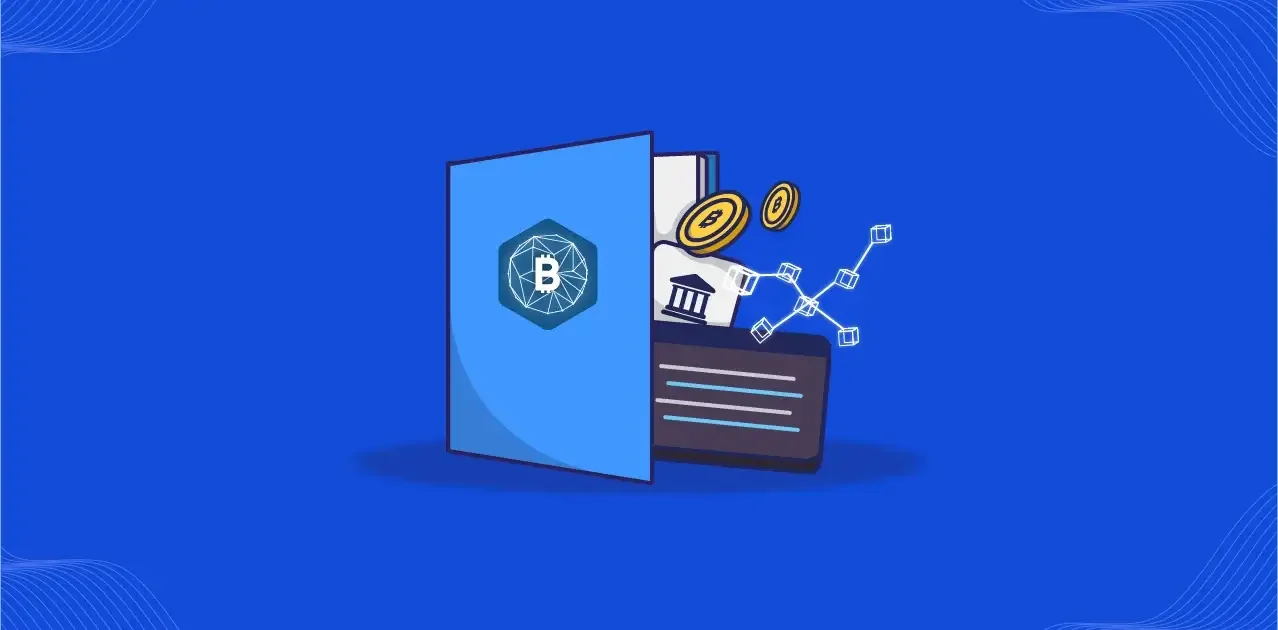
Rust is an ideal programming language for blockchains, where dependability and performance are essential. It is simple to use, quick, dependable, and memory-efficient. Because of the benefits of blockchain technology and the increasing demand for it, this article attempts to walk through why you should use rust for blockchain development.
Rust is a fast, memory-efficient, dynamically compiled language with a comprehensive type system and ownership concept. It allows developers to debug at compile time and can power performance-critical services while maintaining memory and thread safety. Rust has excellent documentation, a simple compiler, and premium tools such as integrated package managers and multi-editors with type inspection and auto-completion features.
Rust prevents all crashes, and it’s fascinating because, like JavaScript, Ruby, and Python, it comes pre-configured as secure. Because we cannot write flawed parallel code and you can never notice a problem in Rust, this is much more powerful than C/C++. It accurately and quickly represents a wide range of programming paradigms.
Rust’s design is one-of-a-kind and aims to answer the oldest existing question: how to eat a cake while still having that cake. In a nutshell, it solved the problem of having a tool for designing apps that do not sacrifice performance while also protecting you from potentially dangerous flaws.
Of course, if you need to get away from some of that security, you can. Although it is strongly discouraged, a simple unsafe statement will suffice.
Another important feature that many programmers appreciate is how simple it is to generate documentation. If someone published a piece of code for others to use, documentation for it might be found on docs.rs. Few languages even match that functionality (Go is one of them, of course).
Since blockchain’s inception as a decentralized digital ledger, its use cases, and real-world applications have grown in popularity. Blockchain technology has the potential to be integrated into many aspects of our lives, ranging from supply chains to digital voting systems and asset management. Because of its enormous potential, many businesses are adopting blockchain-based applications and software to prepare for a web3-compatible future. As a result, newer blockchain protocols are becoming available.
Rust provides free abstractions and, by default, follows best practices in development and design. It is a user-friendly programming language that is interoperable with C and C++. As a result, Rust is highly dependable, memory-efficient, and fast. Furthermore, Rust lacks a garbage collector. As a result, there will be no runtime indeterminism caused by the language.
Because of these characteristics, Rust is the ideal language for blockchains, where dependability and performance are critical.
Rust is a well-known programming language for developing fast and secure applications. It’s no surprise that many major corporations, including Discord, 1Password, Dropbox, and Toyota, have decided to embrace Rust, the 2010 programming language. Whatever you’re using rust blockchain for, if you want to discuss your project, don’t hesitate to contact us here to discuss our Blockchain Development Services. We would be delighted to speak with you.
Increased acceptance and knowledge sharing have aided the spontaneous growth of cryptocurrency over the last…
Blockchain can be intimidating to research, but attending cryptocurrency events is one of the best…
Blockchain has made inroads into all major industries and is also becoming a part of…
In recent years, blockchain lending solutions have grown in popularity as a way to earn…
The scalability trilemma is still one of the blockchain's most pressing issues. Here are some…
Many people are looking for ways to get involved in the crypto world as the…